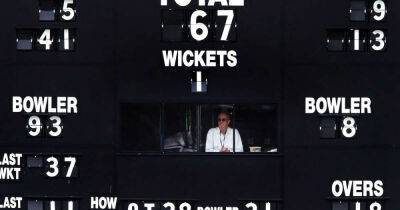Body-checking experience does not protect against concussions and injuries, says U of C study
A study by the University of Calgary's Sport Injury Prevention Research Centre says despite what may be widely believed — that more body checking experience protects players from injuries and concussions — it discovered the opposite to be true.
The three-year research project found 15- to 17-year-old hockey players with three or more years of body checking experience had more than double the injuries and concussions than those with two years or less experience.
"This is just further evidence in support of removing body checking in youth ice hockey to help prevent injuries," said Paul Eliason, a post-doctoral fellow in the Sport Injury Prevention Research Centre.
The U of C study was designed in partnership with Hockey Canada, Hockey Alberta and Hockey Calgary.
A spokesperson with Hockey Calgary says the organization wanted to know whether its earlier decision to remove hitting in the younger, Under-13 age group left players at greater risk of injury when they moved up and started body checking.
"It's been a question that's been asked all the time: by not checking at younger ages, do you not learn it?" said Kevin Kobelka, executive director of Hockey Calgary.
"The studies show that we have made the right decision and kids can learn to body check at older levels."
The study was conducted between 2015-16 and 2017-18. It included 941 U-18 minor hockey players from body checking divisions in Calgary, Airdrie and Edmonton.
It compared players with three or more years of body checking experience with players who had two or less years of hitting experience.
And it looked at the rates of all types of injuries, injuries that resulted in more than seven days off the ice, and concussions.
In the end, it found players who had more








